In the run up to Spain’s general election on December 20th Google will publish a weekly roundup of the most searched for candidates and what Spaniards are itching to know about the leaders of the country’s main political parties.
His party may be currently lagging in fourth place in the opinion polls, but Podemos leader Pablo Iglesias is the most googled political leader in Spain at 38 percent.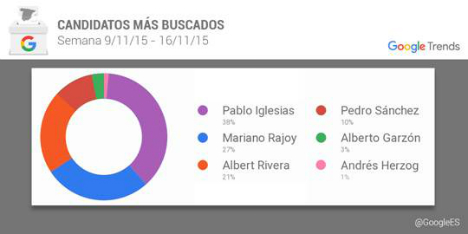
The second most googled political leader is Spanish Prime Minister and head of the conservative Popular Party, at 27 percent, followed by Ciudadanos leader Albert Rivera at 21 percent.
Spaniards do not seem too interested in Socialist leader Pedro Sanchez (10 percent), United Left leader Alberto Garzón (3 percent) or Andrés Herzog of the Union, Progress and Democracy party (1 percent).
Spaniards are a nosy bunch and are desperate to find out about the personal lives of the candidates if their Google searches are anything to go by.
The top searched for question for Pablo Iglesias was: “How old is Pablo Iglesias?” followed by “Who is Pablo Iglesias’ girlfriend?”
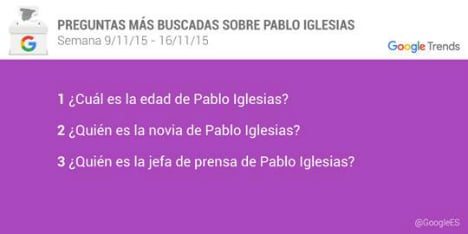
Oddly, the most searched for question regarding Spain’s currently Prime Minister had nothing to do with politics, or foreign or domestic policy issues, but rather: “Who are Mariano Rajoy’s children?”
They also wanted to know how tall Rajoy was and “who is Rajoy’s cousin?”
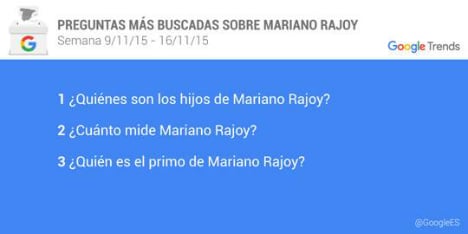
Perhaps keen to find out if Albert Rivera trusts the Spanish public education system, the most searched for question relating to the Ciudadanos leader is: “Does Albert Rivera’s daughter go to a public school?”
Spaniards are also keen to know “who is Albert Rivera’s wife?” and “who are Albert Rivera’s children?”

Ciudadanos leader Albert Rivera. Photo: Javier Soriano/AFP
Those Spaniards interested in Socialist leader Pedro Sánchez most want to know what university degree he studied, while they one of the most searched for questions to do with United Left leader Alberto Garzón was what was his opinion on bullfighting.
Google Trends will release information on the most searched for Spanish political leaders as well as the most common questions every Thursday in the run up to the general election, on December 20th.
Encuesta de @metroscopia para El País: PP 23,5% @CiudadanosCs 22,5% PSOE 21% Podemos 17% IU 6,3% A sólo 1 punto: pic.twitter.com/7qNi2PEEjp
— C's Región de Murcia (@CsRegionMurcia) November 1, 2015
Recent polls put the Popular Party in the lead with Spanish voters, followed by Ciudadanos, who could become kingmakers if the PP fail to win a majority.
The poll put Spain traditional opposition party the Socialists in third place followed by Podemos in fourth.

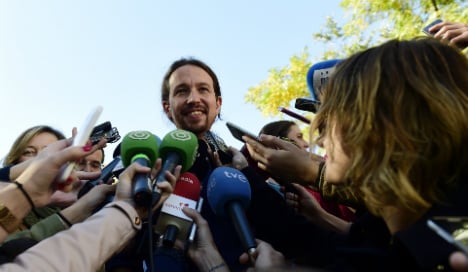
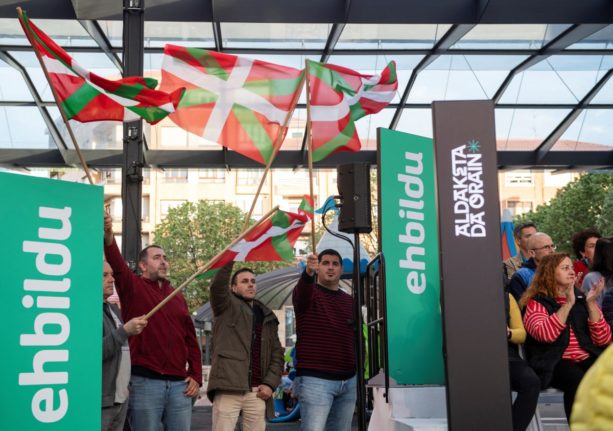
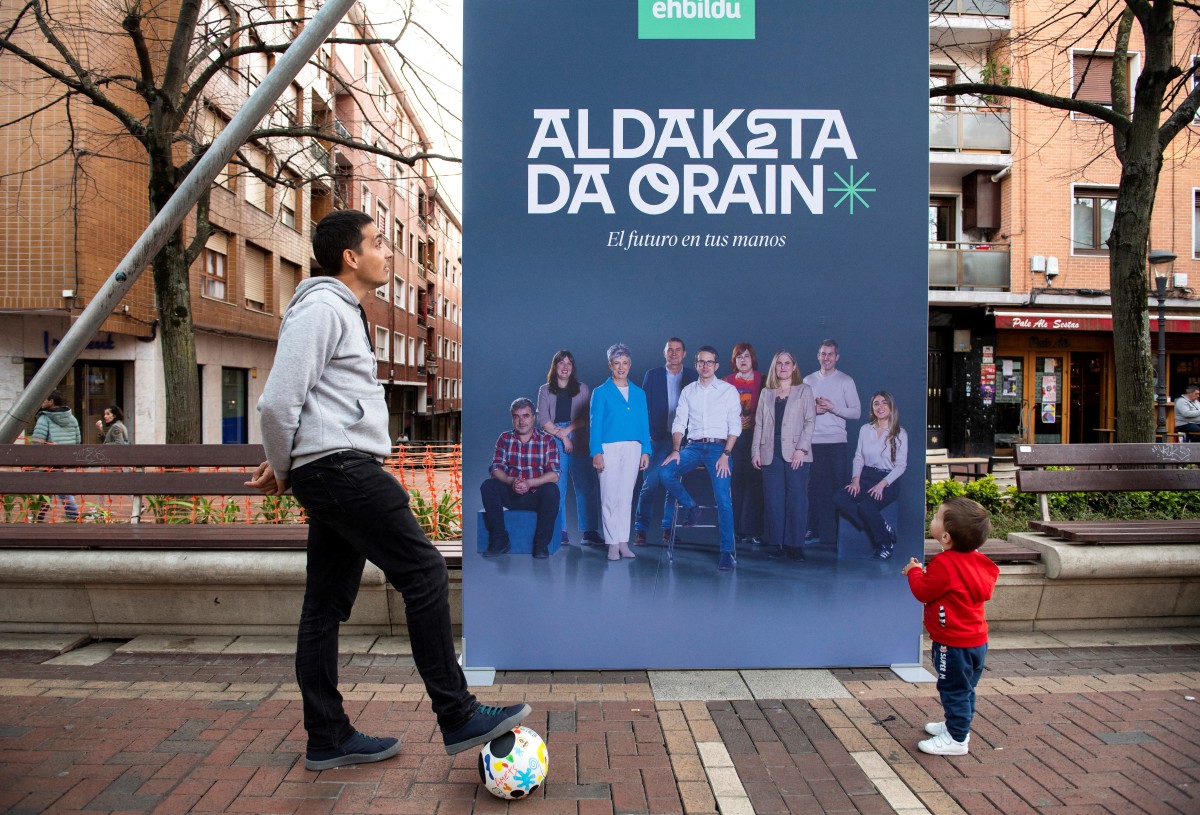
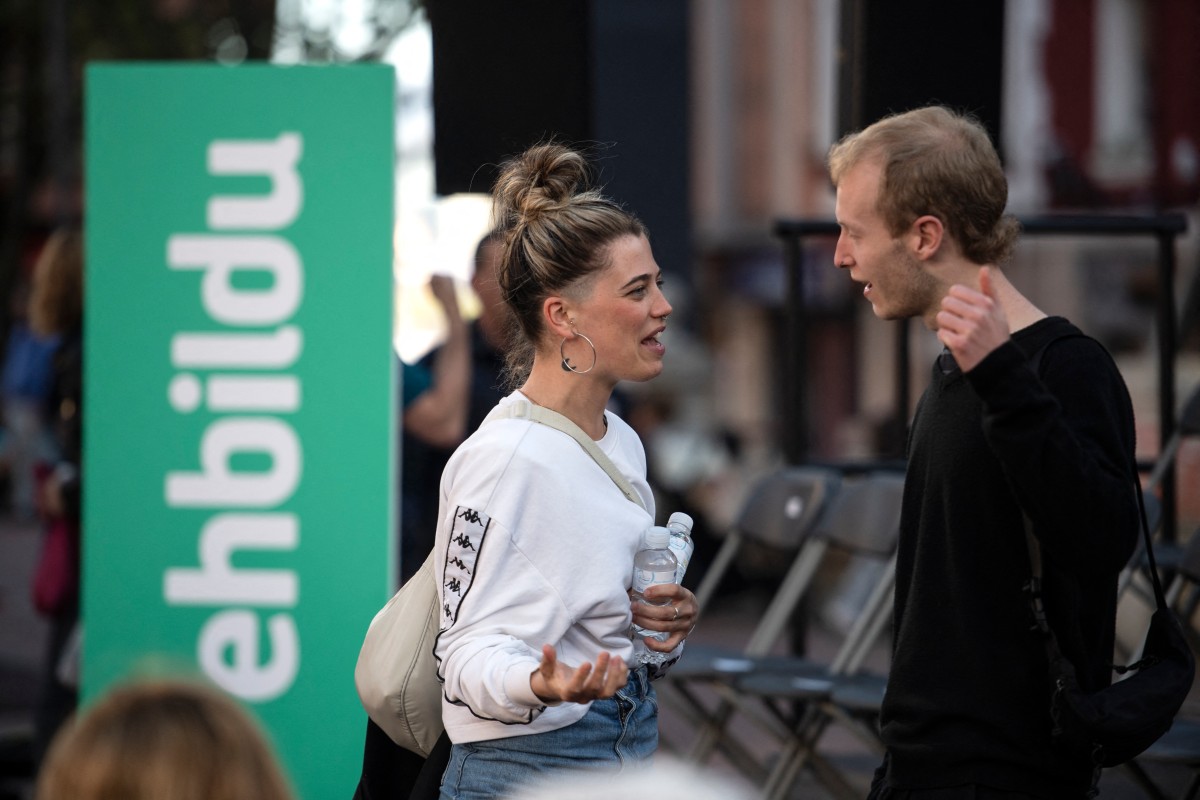
 Please whitelist us to continue reading.
Please whitelist us to continue reading.
Member comments